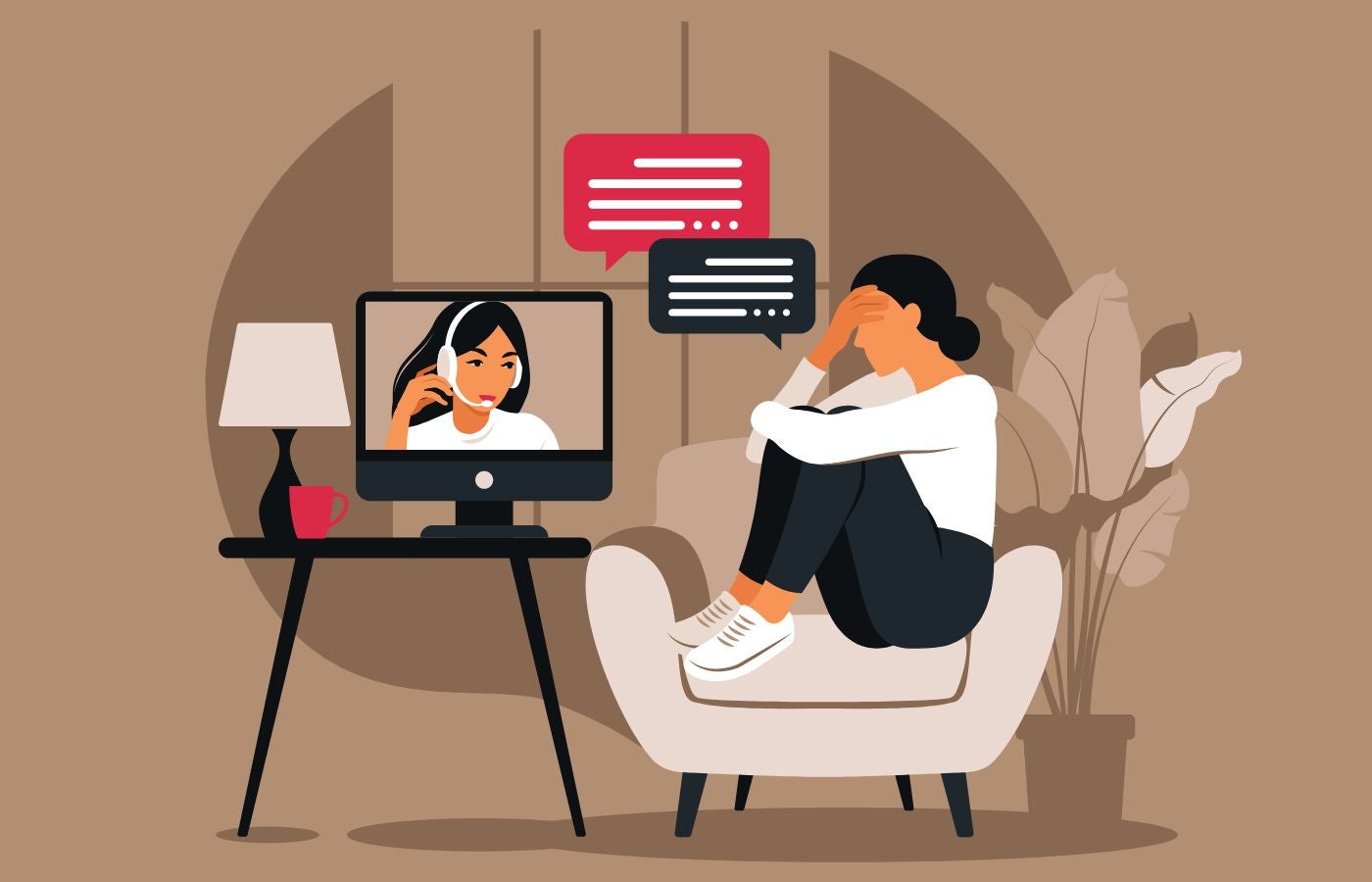
I was lucky enough to spend my childhood in a loving home with parents who encouraged me to be myself. But as I got older, life got busier and more complicated. The world around me started teaching me that I should hide my true self from others in order to fit in and succeed. I spent years living under a cloud of shame for not being perfect, for not being everything everyone else wanted me to be. And then one day it dawned on me: why am I hiding what makes me unique? If we don’t love ourselves for who we really are, how can we expect anyone else to do so? So now when people ask what’s important to me, instead of saying “I want success”, which isn’t true anyway because there are many different kinds of success, I say: Myself
Have the courage to be who you are.
To love yourself, you must first know yourself.
It’s easy to fall into the trap of assuming that you already know who you are and what makes you tick. But if this is true, why do we spend so much time trying on new clothes, buying different cars and changing our hair color? The truth is that many of us are still in search of our identities.
That’s okay! It’s part of the human experience—and it’s also part of self-love: knowing what makes us unique as individuals helps us understand ourselves better than anyone else ever could. And when we have that understanding, anything becomes possible: We can start to change things about ourselves if they aren’t working for us; we can go after our dreams without hesitation; we can even get rid of toxic relationships because—hey!—you don’t need them in order to be happy anyway.*
But first things first: If you’re not sure where your life is headed just yet (or even how exactly it got here), then take some time now through journaling or meditation or whatever other method works best for getting answers out into the world.* Be honest with yourself when answering questions like “Who am I?” or “What do I want?”. Write down everything that comes up as well as any conclusions that come from this process.*
Know your limits and respect them.
It is important to know when to say no, and when you have had enough. If you realize that something is too much for you, then don’t do it. If someone asks for more than what feels comfortable for you, then say no without guilt or shame. Remember: You are not a bad person because of your limits!
You should also be able to ask for help when needed without feeling bad about yourself either. Self-love means respecting your body and mind in order to take care of them properly, so knowing how much effort each task requires is essential if we want our lives as whole beings – not just working bodies -to thrive.
Spend time alone regularly.
I know it can be hard to carve out time for yourself, but you really must. The importance of spending time alone is something I’ve written about before. When you spend time with other people, they often want to talk about your relationship or what’s going on in their lives. It’s tempting to let them do so because we feel like we should be there for them and listening is a good way of showing that we care. But sometimes it can be hard to switch off and not worry about everything else going on around us – especially when our minds are racing with thoughts that have nothing to do with the other person at hand.
So how do you overcome this? Firstly, don’t feel guilty about wanting some ‘me time’. You have a life too! Secondly, make sure that when you spend time alone (and even when you don’t), your mind is clear of thoughts relating only to yourself or things happening in your personal life (e.g., planning an upcoming trip). Not being able to think straight will make it harder for anyone else who may want conversation from us later down the line!
Thirdly: learn how long each type of situation needs before switching over into another mood/activity so as not disrupt someone else’s plans due simply because we need some space away from others’ company.”

Practice self-compassion.
Self-compassion is an important part of self-love. It is a way of being kind to yourself when you make mistakes, and it can also help you feel better when life doesn’t go your way. As with all things in life, it’s best to start small and practice! A few simple ways to show yourself some self-compassion:
● Instead of saying that you’re “stupid” for making a mistake at work or forgetting someone’s name, say “I’m sorry.” This helps acknowledge the mistake without beating yourself up over it—and allows you to move on from there.
● If something happened at work today that made me upset or frustrated, I am allowing myself time alone so I can calm down before talking about this situation with anyone else (or even thinking about it). This will help prevent me from saying anything hurtful out of anger toward other people who might not be directly responsible for my current frustrations.
“When life gets tough and you feel as though there’s no one else to turn to, remember that self-love is always there. As long as you show yourself compassion in all situations—good or bad—then your heart will be full of love and gratitude.”
Don’t sweat the small stuff.
Don’t sweat the small stuff.
This is a phrase that we’ve all heard before. It’s also pretty common advice, especially in self-help and personal development books. But what does it mean? Well, let me tell you!
It means that we shouldn’t worry about the little things in life (like a bad haircut or wearing your favorite shirt on laundry day). Instead of worrying about these things and getting upset over them, we should focus on the bigger picture instead.
Exercise compassion outside of yourself.
Next, practice compassion outside of yourself.
Compassion is a way of looking at the world, as well as a way of being, acting and speaking. It’s also an important component of self-love because you can’t love yourself if you don’t genuinely care about other people. If your only concern is your own needs or desires, it will be difficult to truly open up to others in healthy ways. You need to prioritize relationships and think about how your actions affect others before seeking pleasure for yourself—and that takes work!
Check in with yourself regularly.
● Take a moment to check in with yourself.
● Check in with your body, mind, heart and spirit.
● Check in with your thoughts, feelings and emotions.
● Check in with your goals and values.
● Check in with your relationships.
● Check in with work or school or anything else that is important to you!

Envision your best possible self, and then pursue it.
The next time you feel yourself slipping into a slump, take a step back and ask yourself what your best possible self looks like. Then, begin to think about how to achieve it. It’s important not to get bogged down by the small stuff—you don’t need an exact plan of action at this point; just have some ideas of what would make you feel great.
This is not an exercise in perfectionism or aimlessness—it’s about creating both short-term goals that will help keep you motivated as well as longer-term ambitions that will help keep your vision in mind when times get tough. At the end of each day, write down any progress made towards achieving your goal(s). This will help motivate you further (and provide important data points for future improvement!).
Give back to others whenever you can.
One of the best ways to improve self-love is to give back to others. It can be in any form, but it’s important to give before you expect anything in return. This includes:
● Giving back to the community by volunteering at a local shelter or donating money or resources (time, food) when you’re able
● Giving back to the environment by recycling and composting whenever possible, buying organic produce whenever possible and using eco-friendly products (recyclable containers, cloth napkins instead of paper, etc.) as often as possible
Be grateful for what you’ve got and what you’ve learned along the way.
The fact that you’re here reading this means you’re on your way to being a better person. You can’t control the things in your life, but you can control how you react to them. Being grateful for what you have and what you’ve learned is one of the best ways to do this.
Also, don’t forget about all the people who have helped along the way! Be grateful for their support and encouragement because they may not always be around when things get tough again (or even just when things are going great).
Be mindful in everything you do and every decision you make. Take a deep breath, relax and think before acting impulsively or making snap judgments.
● Be mindful of your surroundings.
● Be mindful of the people around you.
● Be mindful of your thoughts.
● Be mindful of your actions.
● Be mindful of your reactions, emotions, and body.
Self-love is possible once we learn how to see ourselves through a new lens, one that we control
Self-love is not about being selfish, it’s about being kind to yourself.
Self-love is not about being conceited or arrogant, it’s about being able to see the good in yourself.
Self-love is not about feeling superior over others, it’s about giving people the benefit of the doubt and seeing them with an open mind.
The biggest takeaway from all of this is that self-love is possible once we learn how to see ourselves through a new lens, one that we control. This new way of looking at ourselves doesn’t mean we should stop trying to improve ourselves or make changes that benefit our lives in the long run; it’s just about changing what we focus on when doing so. Instead of focusing on the bad things about ourselves, let’s try and focus on our strengths and what makes us special instead! It really does take time but with practice anyone can develop a more positive outlook on life









